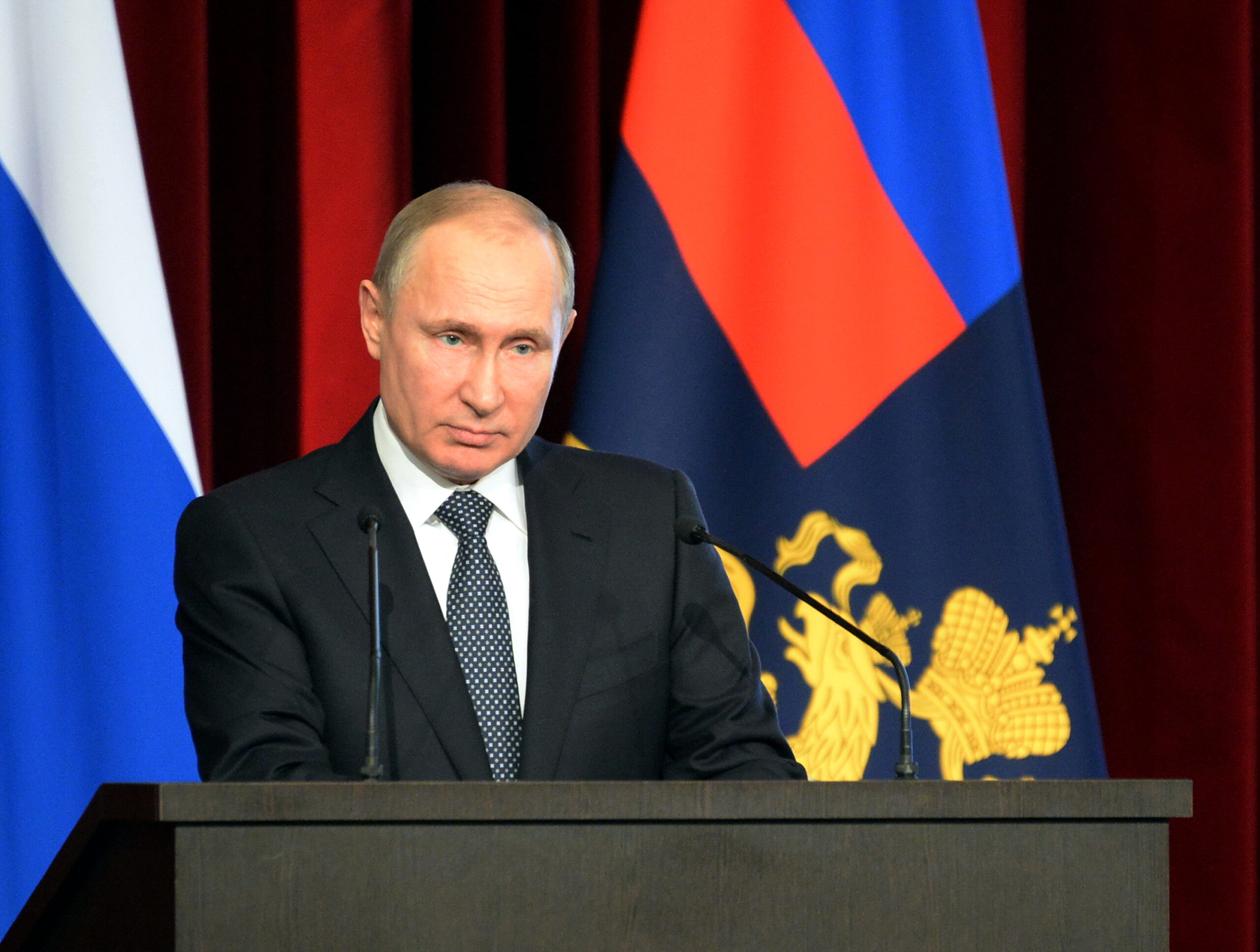You See What You Want to See in Russia
Back in October 2022, I wrote that the war in Ukraine provided a “Rorschach Test” between two contrasting worldviews about international politics and foreign policy. Those who favored open-ended support for Kyiv saw the war as a critical turning point with far-reaching consequences for the future world order. If Russia suffered a humiliating defeat, then NATO would be strengthened, norms against conquest would be reaffirmed, and future revisionists would be deterred from trying something similar. If Russia gained anything from the war, however, they believed these same norms would be weakened, would-be aggressors would be emboldened, democracy would be discredited, and world politics would take an ominous turn for the worse. By contrast, those who favored more conditional support for Kyiv saw the war as a more isolated event that would not have much impact on subsequent events in Africa, Asia, the Middle East, or anywhere else. While agreeing that a Ukrainian victory was desirable, they believed that NATO’s (and Kyiv’s) war aims should be tempered by a realistic sense of Ukraine’s military prospects and a careful weighing of the costs and risks.
One might think that the past year and a half would have led outside observers to reconsider some of their views—or at least hedge their bets a little. The failure of Russia’s initial invasion, the imposition of far-reaching sanctions, and Ukraine’s successful counteroffensives during the summer of 2022 did not convince Moscow to abandon the war, and its military performance has improved since then. Ukraine’s current counteroffensive has yet to achieve meaningful gains, although Kyiv has yet to launch an all-out effort against the main Russian defense lines. But instead of absorbing these new developments and revising their views, many observers have simply doubled down on their prior commitments and interpreted recent events as a vindication of their previous positions.
This tendency was on vivid display during the brief upheaval launched by Yevgeny Prigozhin and the Wagner Group a month ago. Gallons of ink and millions of pixels have been devoted to unpacking the whole bizarre episode, but what was most striking to me was how outside observers saw it as confirmation of long-held positions and a reason to double down on their prior prescriptions. Western hard-liners were quick to trumpet Prigozhin’s claim that Russian President Vladimir Putin’s justifications for the war were lies, treating a proven fabulist as if he were a highly reliable source. Others immediately concluded that Putin was in deep trouble, his hold on power would be permanently weakened, his mild response to Prigozhin’s defiance showed that he was a paper tiger whose threats to escalate could be ignored, and that the mutiny was a golden opportunity to take advantage of the disarray they believed might weaken Russian efforts on the battlefield. U.S. Secretary of State Antony Blinken weighed in, too, telling several media outlets that l’affaire Prigozhin revealed “cracks emerg[ing]” within Russia as a result of the war.
By contrast, those with a more pessimistic (or perhaps realistic) view of the war tended to take a more measured view of the brouhaha. The swift collapse of Prigozhin’s “revolt” suggested that Putin had little trouble retaining the loyalty of key commanders and security forces, and there was no sign that the events over the weekend of June 24 had weakened Russia’s military effort in Ukraine. A few killjoys reminded readers that abortive coups sometimes leave leaders in a stronger position, other commentators reminded us that Prigozhin was a hard-line Russian nationalist who wanted to wage the war in Ukraine even more brutally, and a few Cassandras warned that the complete collapse of Putin’s regime might have very worrisome consequences. For most people in this camp, the uprising was a dramatic but ultimately minor kerfuffle that wouldn’t have much effect on the battlefield, which is what really matters in this war.
Read the full piece in Foreign Policy.
